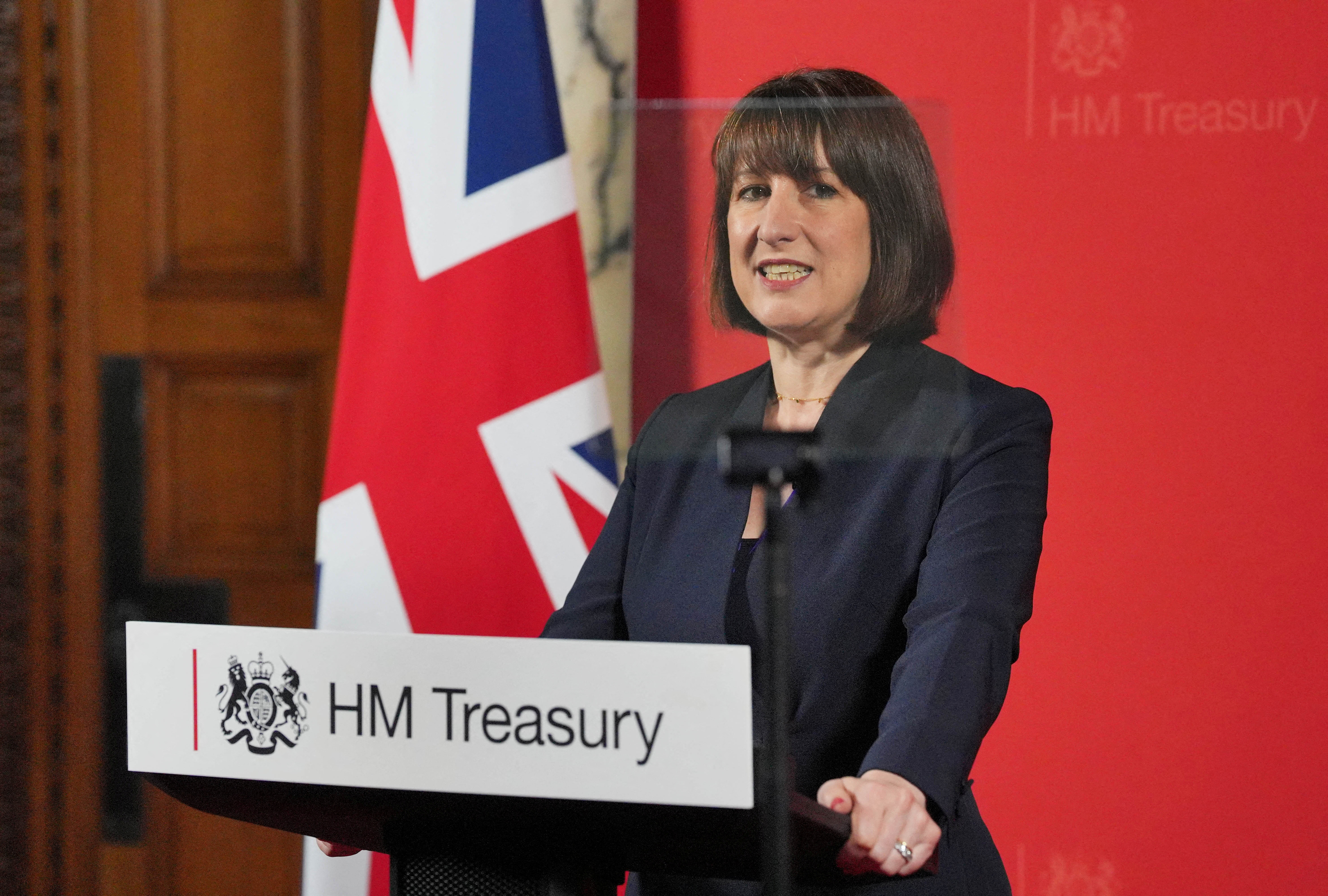
Brace for Impact: Families Warned of Imminent Mortgage Hikes
Families across the UK are bracing for a wave of mortgage hikes following a significant shift in fiscal policy by Chancellor Rachel Reeves. In an unexpected announcement, Reeves abandoned the established Treasury rules, laying the groundwork for a considerable increase in public borrowing—a potential £50 billion surge, equating to around £1,750 for each household.
 Chancellor Rachel Reeves outlines her new fiscal approach.
Chancellor Rachel Reeves outlines her new fiscal approach.
As Reeves indicated that tax increases could reach up to £35 billion, concerns have escalated regarding the broader economic implications. Former Chancellor Jeremy Hunt cautioned that such extensive borrowing could trigger a spike in interest rates, ultimately burdening families who already feel the pinch of rising mortgage costs. In his own words, “the consistent advice I received from Treasury officials was always that increasing borrowing meant interest rates would be higher for longer.” Hunt criticized this abrupt shift, stating, “What’s even more remarkable is that the Chancellor hasn’t seen fit to announce this major change to the fiscal rules to Parliament. The markets are watching.”
The Political U-Turn
In a striking reversal from Labour’s campaign promises, Reeves has now deemed the existing fiscal rules too constraining, just months after pledging to adhere to them firmly during the election. She defended her position by stating, “If we continued on that path we would miss out on other opportunities and other countries would seize them.” This sentiment underscores a growing trend among politicians to prioritize expansive fiscal policy despite its potential risks.
The impact of budgeting decisions on family finances is profound.
Writing in the Financial Times, Reeves conceded that the new borrowing measures would be challenging, acknowledging that “this rule will bite hardest.” The Chancellor outlined her intention to raise taxes to accommodate these changes, emphasizing the necessity of balancing spending against a backdrop of increasing liabilities.
Understanding Public Debt and Its Implications
With this shift in policy, the Chancellor has redefined the framework surrounding public debt in a way that allows for increased financial flexibility. The Office for Budget Responsibility has reportedly approved the change to the debt rule, known as Public Sector Net Financial Liabilities, yet the implications of such a decision are far-reaching. Economists and institutions like the Institute for Fiscal Studies have expressed reservations, warning that once significant investment spending begins, the likelihood of reverting to previous fiscal discipline becomes slim.
Reeves expressed her determination not to allow the UK to stagnate amid international competition in vital sectors such as life sciences and clean energy. The looming budget will likely reflect her aggressive approach to funding infrastructure amid these sectors. However, the concerns about the long-term repercussions on mortgage rates and household finances cannot be overlooked.
Mortgage rates may spike due to increased government borrowing.
The Broader Economic Landscape
Market analysts suggest that the twin pressures of potential tax rises and increased interest rates could create a perfect storm for UK families. With fixed mortgage rates starting to expire for many homeowners, an uptick in the base rate of borrowing could lead to widespread financial distress. As Hunt pointed out, there are growing fears that middle-income families could be “punished” as a result.
As the Budget approaches, the question on everyone’s lips is whether the potential benefits of increased spending on infrastructure will outweigh the burden imposed on families already struggling with rising costs. Now more than ever, the government must tread carefully, balancing the need for investment with the economic realities faced by the public.
Conclusion: The Path Forward
The implications of Reeves’ fiscal decisions will undoubtedly resonate throughout the economy. With a mega-budget poised to launch the government’s ambitious plans, all eyes will be on the Bank of England to see how it responds. The trajectory set forth in this new fiscal chapter could reshape not just the financial landscape but also the very fabric of family finances across the UK.
As the nation stands at this crossroads, families, policymakers, and economists alike must prepare for the financial ripple effects that could follow this unprecedented change in fiscal strategy.
 Families look towards an uncertain financial future.
Families look towards an uncertain financial future.
For further insights, you can read more about the potential implications here and here.















